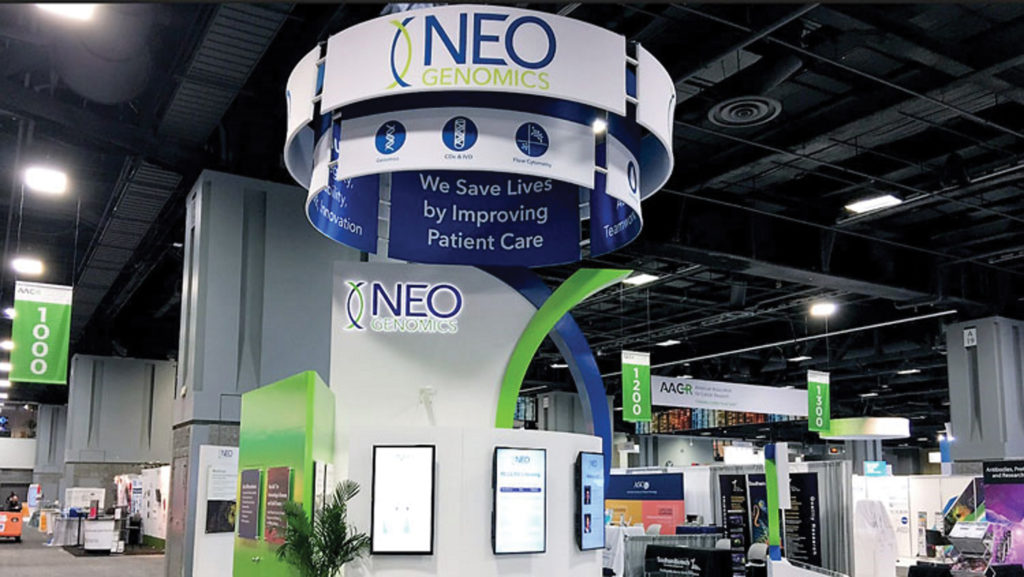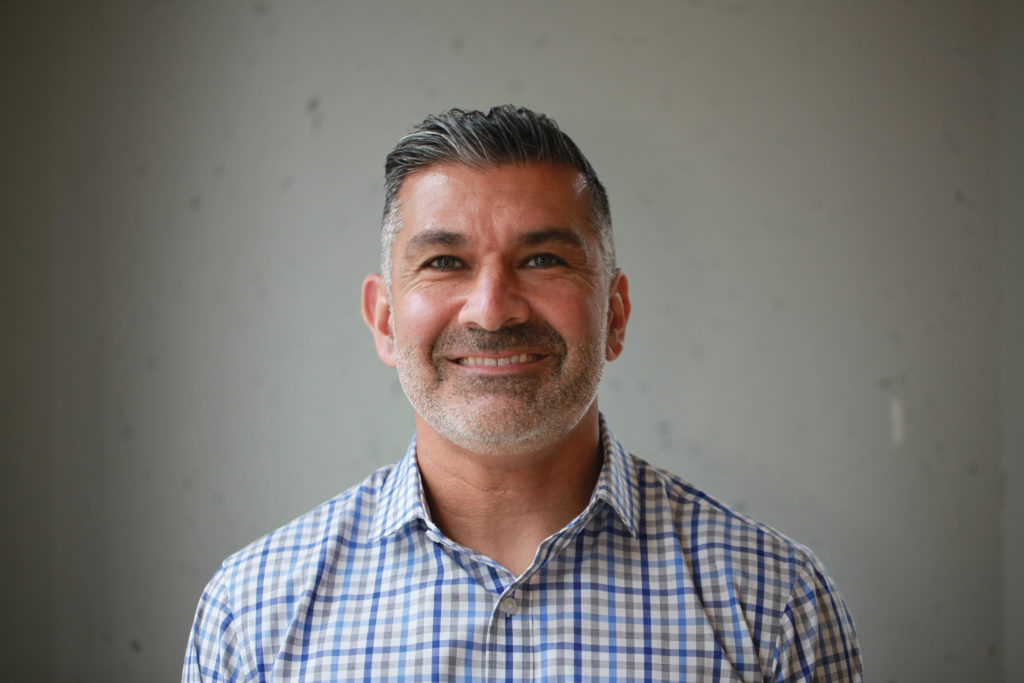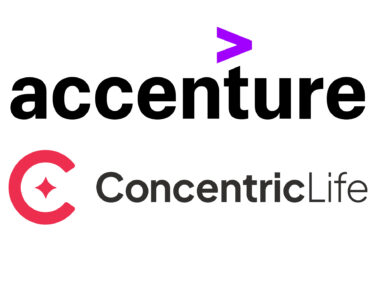WPP Integrates U.S. Health Agencies
In an effort to offer simpler, better solutions to WPP’s many healthcare clients, the company is integrating its specialized health networks under brand agencies across the U.S. By mid-2019, the Sudler network will combine with VMLY&R to create VMLY&R Health; Ogilvy CommonHealth will join Ogilvy to create OgilvyHealth; and ghg will join Wunderman as part of Wunderman Health. Grey and J. Walter Thompson will continue to operate separately.
Former Wunderman CEO Mark Read, named WPP’s new CEO just two months ago, commented on his bold move in a statement, “Health is an important and expanding sector for WPP. Our new healthcare offering is another step in our evolution as we create a simpler WPP that integrates the full power of our company for clients.” VMLY&R Health and OgilvyHealth will cater to clients looking for creative, data, and technology offerings while Wunderman Health combines Wunderman’s data and analytics capabilities with ghg’s science capabilities. WPP Health & Wellness CEO Mike Hudnall tells AdWeek, “The new structure offers clients increased strategic partnership and a simple way to access the largest pool of health specialists in the world.”
Trump Admin Overhauls Drug Developer’s Business Model via Medicare
The Trump administration seems to be making good on a campaign pledge to throw off “foreign freeloaders,” who pay much less than U.S. citizens for the same drugs, by completely revamping the way Medicare will pay for administered medications. It will not affect the price of drugs that patients are prescribed and pick up in pharmacies.
The current system allows drug manufacturers to set any price they choose for physician-administered medications, like intravenous-delivered drugs, and forces Medicare to pay the full amount. Physicians and pharma companies both capitalized on this policy; doctors pushing patients towards more expensive brand names for their 6% commission while manufacturers crank out rare disease-specific drugs with little to no competition in the market, allowing them to charge high prices.
The new proposal attempts to address both of these kinks in the system. First, it aims to take away physicians’ monetary incentives to prescribe brand names. Health and Human Services Secretary, Alex Azar, stated, “We aim to make sure doctors make the same whether they’re prescribing a more expensive branded biologic or its biosimilar.” Second, it would link Medicare Part B prices to an International Pricing Index that includes countries such as Austria, Belgium, Canada, France, Italy, Japan, Portugal, Slovakia, and the U.K.—countries with similarly developed economies. HHS reports say that Medicare often pays nearly twice as much as countries like these to use the same drugs. The Trump administration also claims that Medicare could save more than $17 billion over five years, with a drug price decrease of up to 30%. In addition, seniors enrolled in Medicare who are therefore paying for a share of their Medicare Part B drug costs may significantly save on administered drugs as an effect of lower Medicare drug prices.
Doctors, hospitals, and the Pharmaceutical Research and Manufacturers of America (PhRMA) are pushing back against the proposal with the lobbyist group swiftly releasing a statement claiming that the proposal would “jeopardize access to medicines for seniors and patients with disabilities living with devastating conditions such as cancer, rheumatoid arthritis, and other autoimmune diseases.” Trump detailed his plan in a speech just days before the midterm elections, stating that Democrats would also be on board for this “Americans First” approach.
Cancer-Focused Gene Businesses Join Together

NeoGenomics, the leading cancer-focused genetic testing business, is acquiring specialized hematology and solid tumor testing laboratory Genoptix for $125 million in cash and one million NeoGenomics shares. The acquisition will expand the buyer’s coverage of oncology practices and provide it with helpful relationships to oncology physicians and businesses in the community. “With what we believe to be the most comprehensive oncology test menu in the country—and reach across all distribution channels—the combined company will be uniquely positioned in the oncology test market,” NeoGenomics Chairman and CEO Douglas VanOort said in a statement. Formerly part of Novartis, Genoptix customizes reports for local oncologist practices, an “underpenetrated” channel for NeoGenomics’ more comprehensive liquid biopsy and next-generation sequencing offerings. The acquisition is estimated to add $85 million of revenue.
New Partnership to Develop Connected Insulin Pens
Novo Nordisk and the digital platform provider, Flex, are expanding their partnership to create insulin pens that connect to smartphone apps to allow diabetes patients more control over their own care.
“[As] the world’s biggest diabetes care company, we think it’s our obligation to make sure people in the future have connected devices and potentially front-end solutions so they can use insulin better,” said Anders Dyhr Toft, Corporate Vice President of Commercial Innovation at Novo Nordisk, in a statement. “[These tools] can help patients get to the right dose faster and alleviate some of their data burden.”
Using Flex’s BrightInsight platform to create new “digital solutions” for people with diabetes will allow patients and physicians to see exactly which insulin is taken at what dose and when it is administered while adhering to privacy, security, and regulatory requirements across the globe. Toft states, “We believe, at Flex and Novo Nordisk, that by making sure that data can be integrated into the smartphone, we can alleviate some of the burden on patients with diabetes.” The NovoPen 6 and NovoPen Echo Plus are set to launch in early 2019.
Highest Strength Fentanyl Approved
Amid the opioid overdose emergency, AcelRx developed a souped-up fentanyl, Dsuvia. The new opioid tablet is 1,000 times more potent than morphine and 10 times stronger than fentanyl. It can only be administered by a physician in a hospital setting, not sold in pharmacies, making it difficult to abuse.
Amgen Buys into Gene Sequencing Startup

U.K. startup Oxford Nanopore, a company advancing portable, real-time genetic sequencing technology, has received a $66 million investment from pharma leader, Amgen. The company’s subsidiary, deCODE Genetics, a world leader in human genetics, uses Oxford Nanopore’s devices to conduct genome research, including the identification and validation of new targets. This includes pioneering, portable technology that uses nano-scale holes (or nanopores) made by proteins contained within a synthetic membrane and electronics to perform direct, real-time sequencing of long sequences of DNA and RNA.
“The study of human genetics continues to uncover insights into the diseases we face as a society,” said Kári Stefánsson, Founder of deCODE Genetics, in a statement. “Oxford Nanopore’s long-read sequencing capability creates a window into parts of the genome that have been out of reach, as well as giving us a much better handle on structural variants that confer risk of a wide variety of diseases. We have used Oxford Nanopore technology to sequence several hundred human genomes and continue to see the promise of this emerging technology.” The investment comes in the form of general shares purchased.
Battling Liver Disease
A new clinical alliance between Novartis and Pfizer will study new therapies for NASH, a non-viral fatty liver disease. Novartis will combine tropifexor with inhibitors currently in Pfizer’s R&D department to better understand and treat the complex condition.
SCOUT and Rare Expertise Partner

SCOUT and Rare Expertise have entered into a Joint Venture with a goal to accurately and rapidly diagnose and begin treatment of patients with rare diseases. The 7,000 known rare disorders, which affect 30 million Americans according to the National Organization for Rare Diseases, are difficult to diagnose since many physicians do not specialize in them and rarely encounter them. As a result, it takes five to seven years—along with several different doctor visits—before a patient is correctly diagnosed with a rare disorder and can begin the appropriate treatment. In the meantime, these commonly degenerative and life-threatening conditions can land individuals in the hospital several times over.
“All of our clients are working to accelerate the process of identifying and activating people with rare conditions in a way that gets them to the appropriate doctor’s office so they can be accurately diagnosed and properly treated,” said Raffi Siyahian, Principal at SCOUT, in a statement. “Combining SCOUT’s strong strategic and creative marketing services with the technologically sophisticated products and services of Rare Expertise equips us to help patients, physicians, and healthcare companies achieve that goal. At last, companies can get this level of experience and innovation in a one-stop marketing partner.”
Pfizer Simplifies its Workforce
The latest step in Pfizer’s plan to simplify management and increase efficiency includes cutting 2% of its 90,200 global employees. The company plans to do so through voluntary retirements and layoffs, reinforcing its desire for a simpler work structure rather than cost cuts. The restructuring comes just before the drug giant welcomes its new CEO, Albert Bourla. Employees have the chance to opt into the retirement plan by November and will then have to leave the company by December 31st.







